Don Trosper is the Public History Manager at the historic Schmidt House in the heart of Tumwater, Washington, a stone’s throw from our shop. When Don first came to us with the idea of printing true stories from Tumwater’s history, I knew it was a book I wanted to read. Watching this book come together from concept to print run has been an exciting journey, so I asked Don to share a little of his perspective with us.
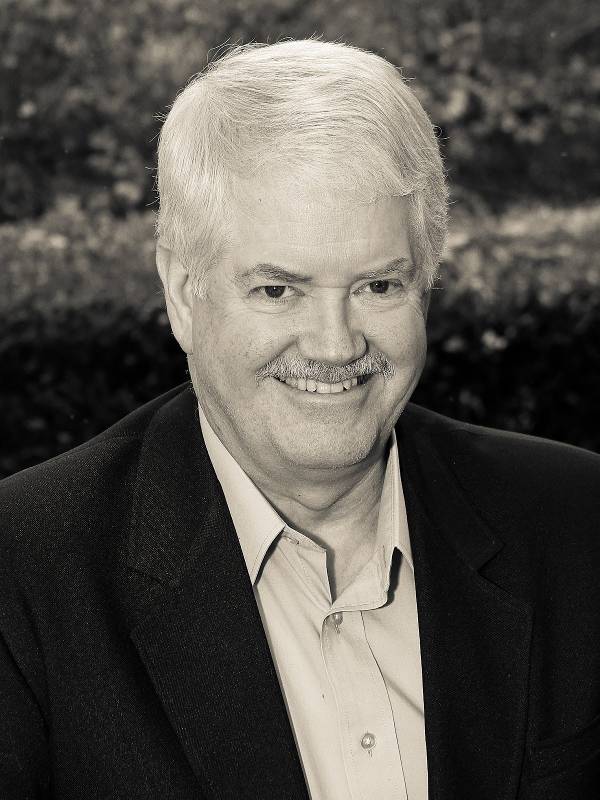
Gorham Printing: Tell us a little bit about how this project emerged. When did you start compiling these stories?
Don Trosper: I’ve been Public History Manager for the non-profit Olympia Tumwater Foundation for seven years now. My focus is local Tumwater area history. Something that had been a hobby has become my “retirement job”. I have an office in the historic Schmidt House and get paid to do my hobby. During my time here I have been focused on promoting Tumwater’s heritage through history talks, tours, videos, and articles with the Schmidt House Facebook page and our larger emailing list. Live talks, tours and visits from tourists have been increasingly successful. I’ve been researching and compiling these stories continually, building files for a wide variety of topics and time frames of our history since our founding in 1845. I love interpreting that heritage to the general public, making the local stories come alive.
GP: What made you decide it was time to turn this into a book?
DT: We were very busy with live events and projects, and then in March of 2020 the COVID 19 pandemic hit and shut everything down. It suddenly became very quiet here at the Schmidt House and it took some time to adjust. I knew we wanted to remain visible with our local history programs. The answer was to go back to my first love: researching and writing about Tumwater history. It was like going back to print media with the added twist of the modern online social media. My direction since the pandemic shutdowns has been emailed “News Briefs”, and weekly short “Tumwater Treasures” articles posted on the Schmidt House Facebook page. I’ve also been revisiting my collection of history files and photos and work for this book of 40 short Tumwater history stories that have seldom been dealt with.
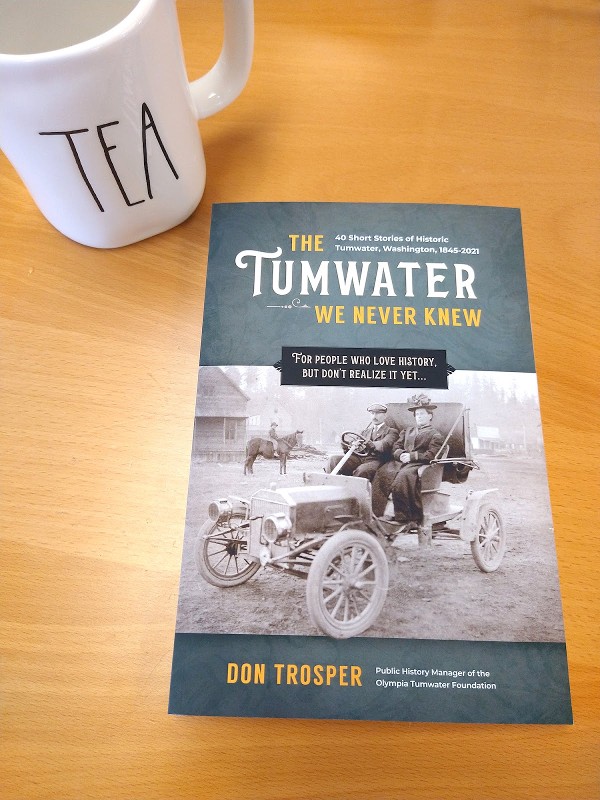
GP: How do you know a historical tidbit is going to catch people’s attention? How did you decide which stories to include in this book?
DT: My background in radio broadcasting created my style of writing scripts to be spoken rather than read. That also caused me to think in short story formats, grabbing the listeners’ attention through humor, emotion, and factual events that seek a reaction such as “I never knew that” or “That reminds me of…”. Our modern culture has a short attention span, so being concise and entertaining with humor, photos, and story-telling for me is a key. With such a long history for Tumwater (1845 to 2021) I knew I wanted to bring out stories that covered each era of that heritage and make it personal. Like in radio, there is not a live audience to respond to, so I have to choose stories that resonate with me and hope that a general audience will be attracted to them.
It helps greatly to have a nice archive of older photos to draw from, along with legend and folklore that adds spice to the story (as long as we let the reader know when it is unconfirmed). I put myself in the place of the general public who often say that history was their least favorite subject in school. The reason for that is simple. It focused on names, dates and places that were dry and boring. It didn’t include local history, people, places and events that make history come alive. That became the focus of this new book, hence the sub-title: “For people who love history, but don’t realize it yet.”
GP: How long did you spend writing the first draft?
DT: I’ve been working on the drafts since the pandemic hit the scene and tourism and live events were canceled. I’ve been working on early drafts and research since April 2020 on a part-time basis. I wanted to highlight stories we’ve not covered in the talks, tours and videos we had already done. If they were dealt with in our publications already, I wanted to bring some new facts and stories to the forefront.
GP: What are your best editing tips?
Don: For me it is not being afraid to write a rough draft of the story that includes the theme without concern for perfection. Once the first draft is done, I try to let it sit for a few days or weeks and come back to it to see the many errors in spelling, composition, pacing, and “too much information”. I like to involve multiple outside editors who don’t pull any punches, but also comment on what they like about the story. This book had four main editors go over the drafts as well as a few noted local historians who gave an overview of parts of the book with general advice and suggestions. It all helped me to present a better product while not losing my style or “voice”.
GP: How did you find Gorham Printing?
DT: I had worked with Gorham in the past, in particular with a project for the Tumwater School District about the history of our schools. Locally-based Gorham in Centralia is helpful, friendly and love local history. I highly recommend them for independent publishing projects like this.
GP: What made you decide to work with a designer?
DT: My experience is that a project has to have both good content and good design. If you have one but not the other, the project will suffer. In the past I tried to save money by doing the design myself. The quality suffered. This time I worked with the Gorham design team and took advantage of their long experience and artistic and composition abilities. I highly recommend going that route. The public responds well to quality content and presentation.
GP: Will there be a volume two someday?
DT: That depends on the public response. This book has been a fund-raising project of the non-profit Olympia Tumwater Foundation and its “Heritage Builders” local history program. At this point the response has been quite good. I actually have enough short story material from our weekly Facebook postings in 2021 to do another book of this size and am continuing those weekly features in 2022. With the continued support and encouragement from the City of Tumwater, the board of directors of the Olympia Tumwater Foundation, and the donations and encouragement from the general public, I am hopeful that another book will be created.
GP: How can readers find out more about you and Tumwater history?
DT: There are many ways.
Visit the Olympia Tumwater Foundation Website. You can also like us on Facebook at:
The Schmidt House
The Olympia Tumwater Foundation
Brewery Park at Tumwater Falls
We also have an emailing list you can sign up for called “News Briefs”. All we need is your email address sent to [email protected]. I am also available for live history talks, in-person or by Zoom. Call 360-786-8117 for details.
The Tumwater We Never Knew is inspired by true tales from the community of Tumwater, Washington. What community inspires your books? Leave us a comment below and tell us what towns make you want to write!
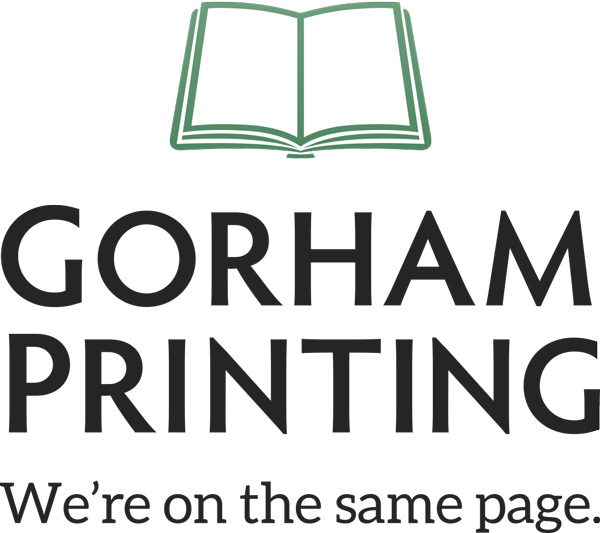
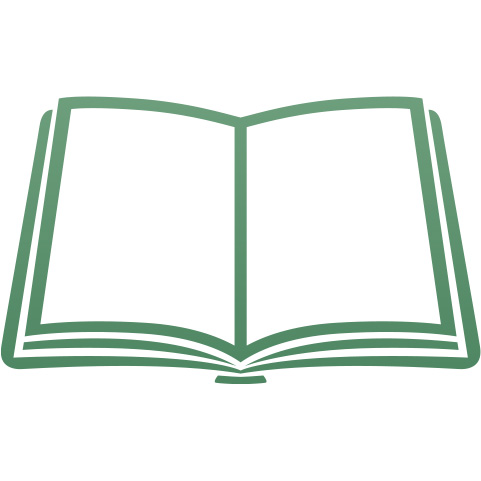

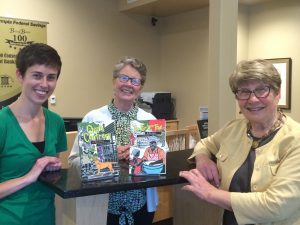
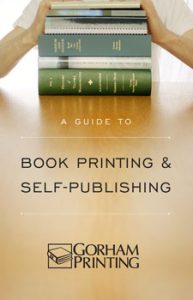
Don Trosper’s story makes me want to drive down to Tumwater and see that museum he works at and also to buy his book in the meantime. I can’t say I love history but I am interested in the subject since I know history is prologue and I am curious about the context of the time I’m currently living in since no one comes from a vacuum.
The historic Schmidt House is located at 330 Schmidt Place, just off Custer Way. Book signing is happening most weekdays from 10 a.m. to 1 p.m. For a $50 donation you’ll get a signed book and help support the local history program of the Olympia Tumwater Foundation. For multiple signed copies the requested donation is $25 per book plus whatever donation you can add for the cause. Cash is preferred, but we can accept personal checks and/or card. Checks would be written out to “the Olympia Tumwater Foundation.” Call me at 360-786-8117 or email: [email protected] for more information. Thank you!
Thanks for the info, Don!